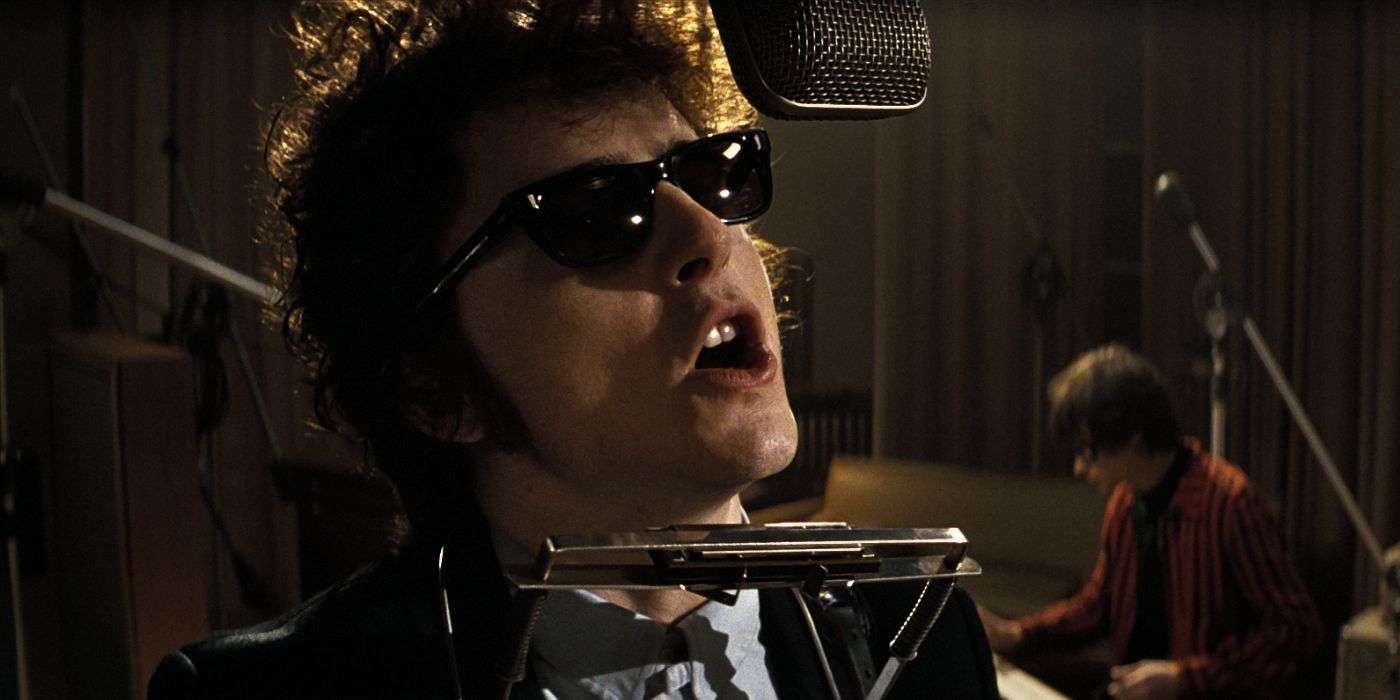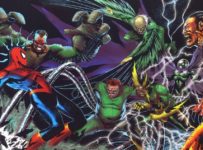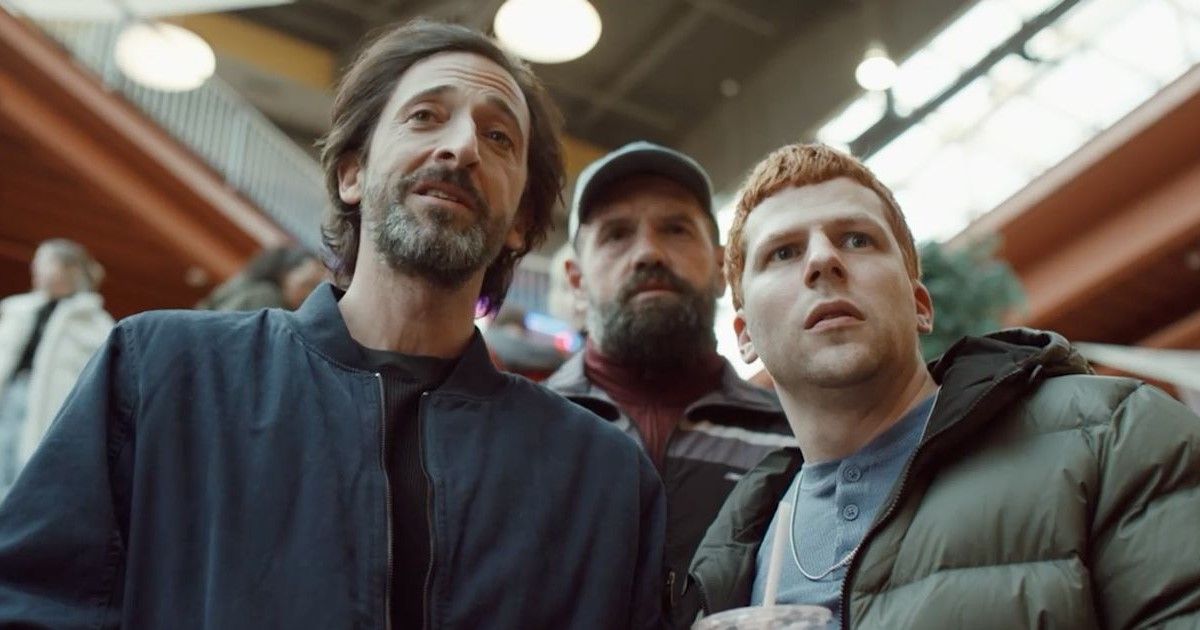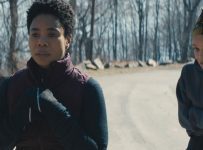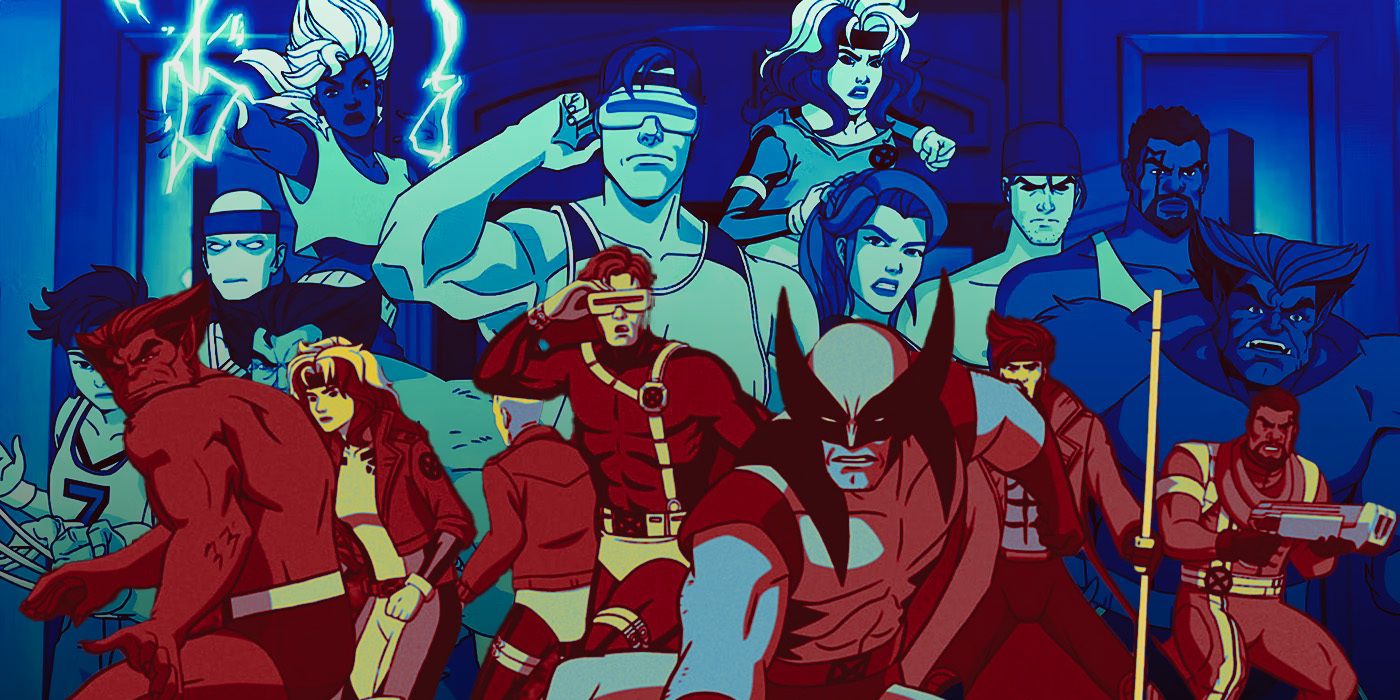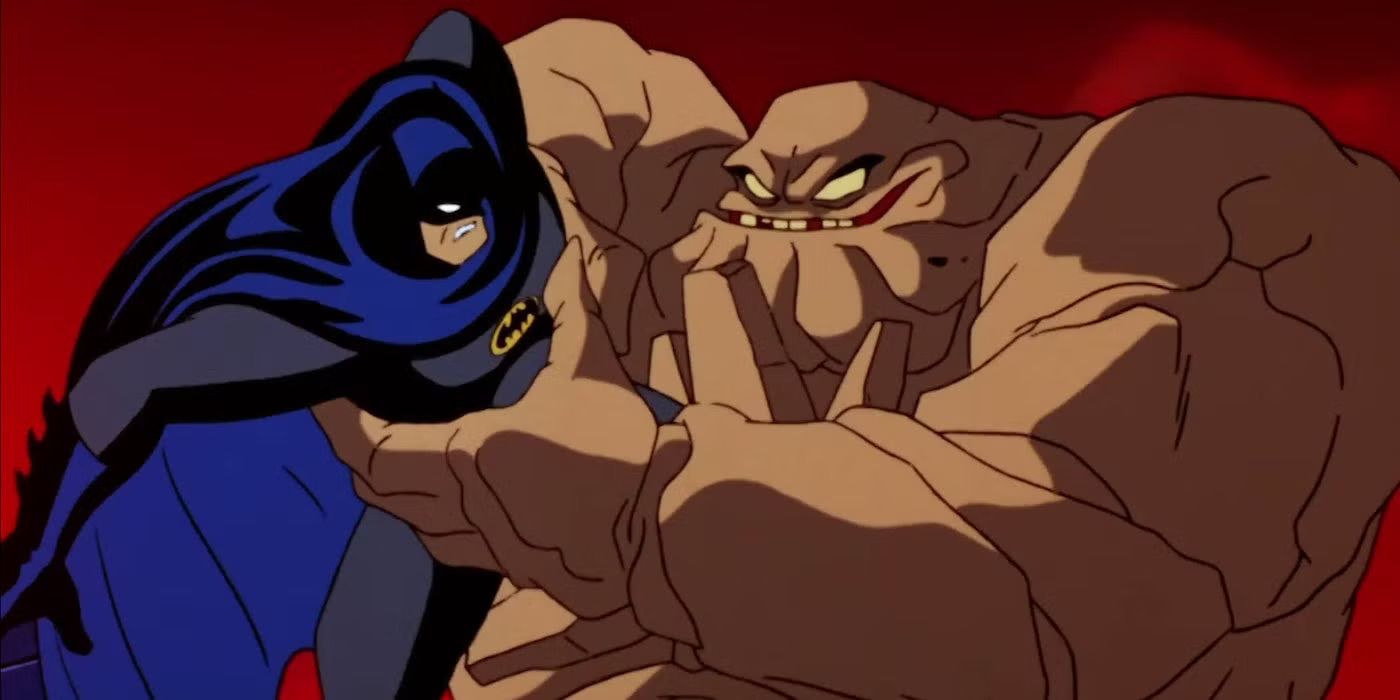But I loved the Spielberg adaptation of Alice Walker’s book and was excited to discuss it with my teacher when school resumed. She insisted I read the novel before we talked, so I did. The film showed me a different side of Spielberg and also introduced me to Alice Walker, so: double-win.
1986: “The Mission.” Roland Joffe’s film about European missionaries in South America. Loved the score, the performances, and the photography, but the sentimentalization of the mission itself didn’t sit well with me. It was presented as a given that the place and its teachings were unambiguously good for the region. This was the year when my taste in movies deepened a bit and I also started reading newspapers for something other than the entertainment section. Although the movie year was defined by the triumphalist “Top Gun,” I’d seen “Salvador,” “Platoon,” “Brazil,” “Blue Velvet,” “The River’s Edge,” “Something Wild,” “The Mosquito Coast” and “The Color of Money,” all of which looked at American and western values in a more critical or probing way. I was starting to read movies through a somewhat more political lens and not accept their values automatically.
1987: “Moonstruck.” I’d already seen this one several times. It’s still one of my favorite movies. I memorized most of Nicolas Cage’s dialogue, including, “We are here to ruin ourselves and to break our hearts and love the wrong people and die. The storybooks are bullshit!”
1988: “Dead Ringers” and “Mississippi Burning.” Obviously I was in a rotten mood that year, otherwise I wouldn’t have done a back-to-back double feature about murderous twin gynecologists and an exploitative thriller about vigilante FBI agents on a crusade against the Klan that, historically speaking, never happened. “Mississippi Burning” made me ill; almost everything about it rang false to me. “Dead Ringers” was great, though. I was moved by it and did not expect to be.
1989: “Glory.” Saw this one with friends. I was depressed that my girlfriend and future wife Jennifer was back at home in Oklahoma with her family. The movie cheered me up because it was so noble and the characters sacrificed so much. I know it panders a bit at times, but for a mainstream film that aims to appeal to everyone, it’s reasonably sophisticated in its visual language, even in throwaway moments like those shots of Matthew Broderick’s colonel cutting up watermelons with his sabre.
1990: “Goodfellas.” Friends. Tenth, maybe eleventh viewing. The year that “Goodfellas” was in theaters, it was the default film to see, even if there was new stuff out that my friends and I were interested in.
You can view the original article HERE.













